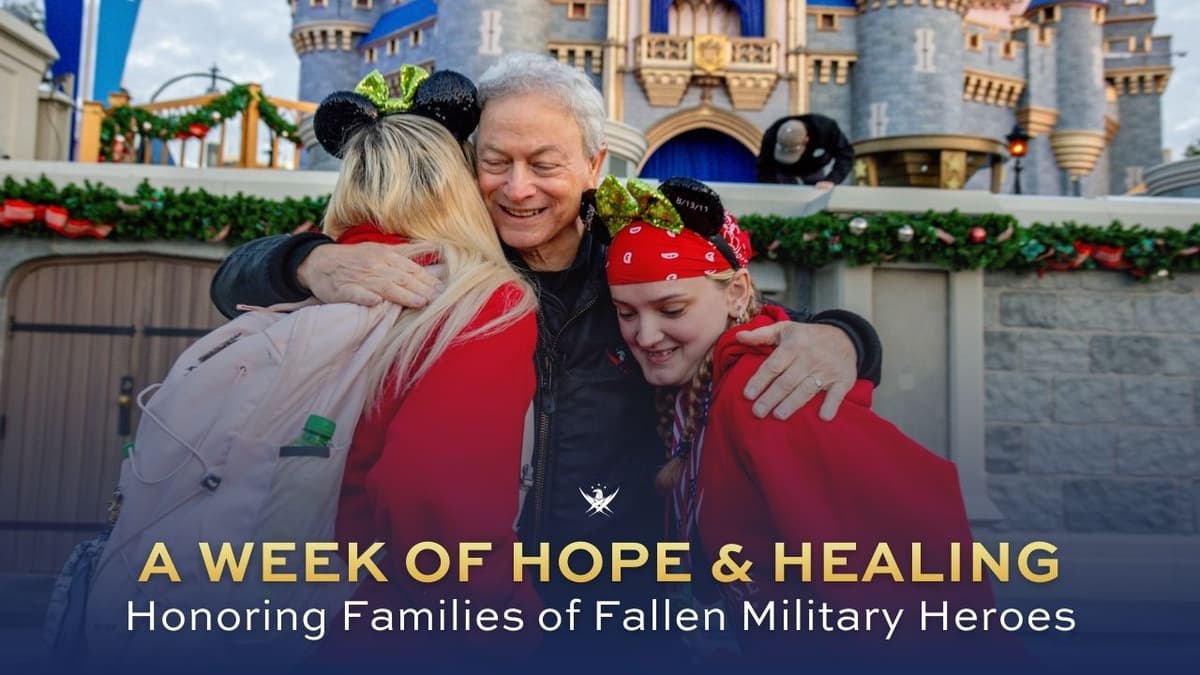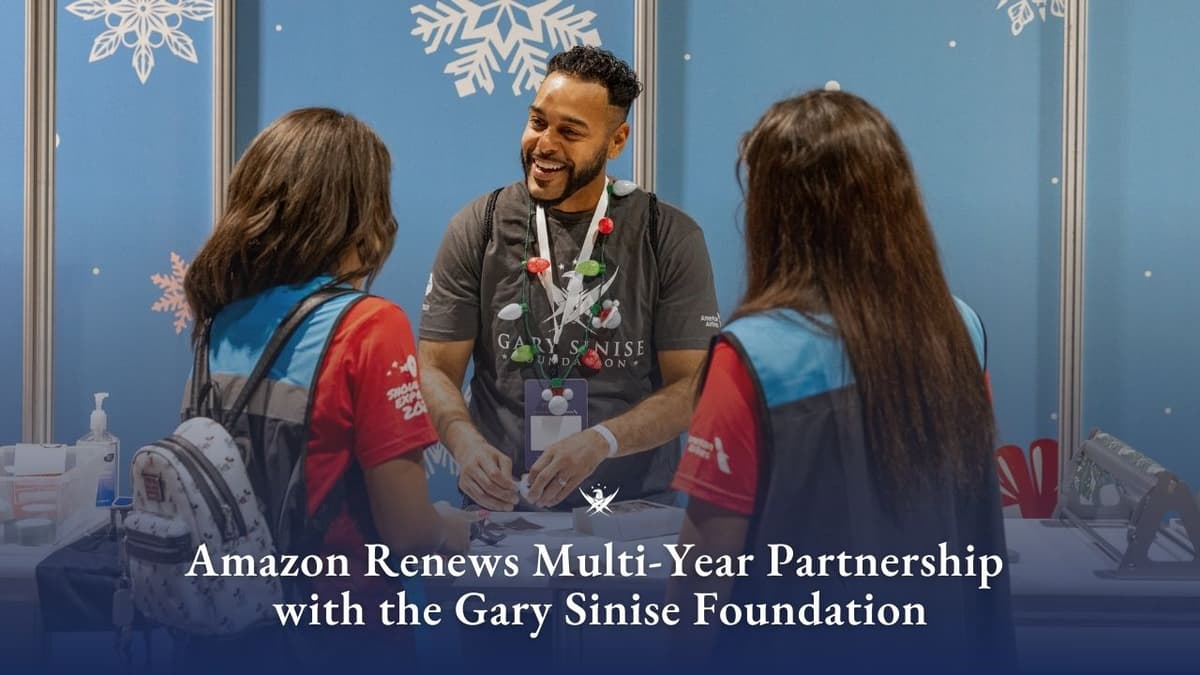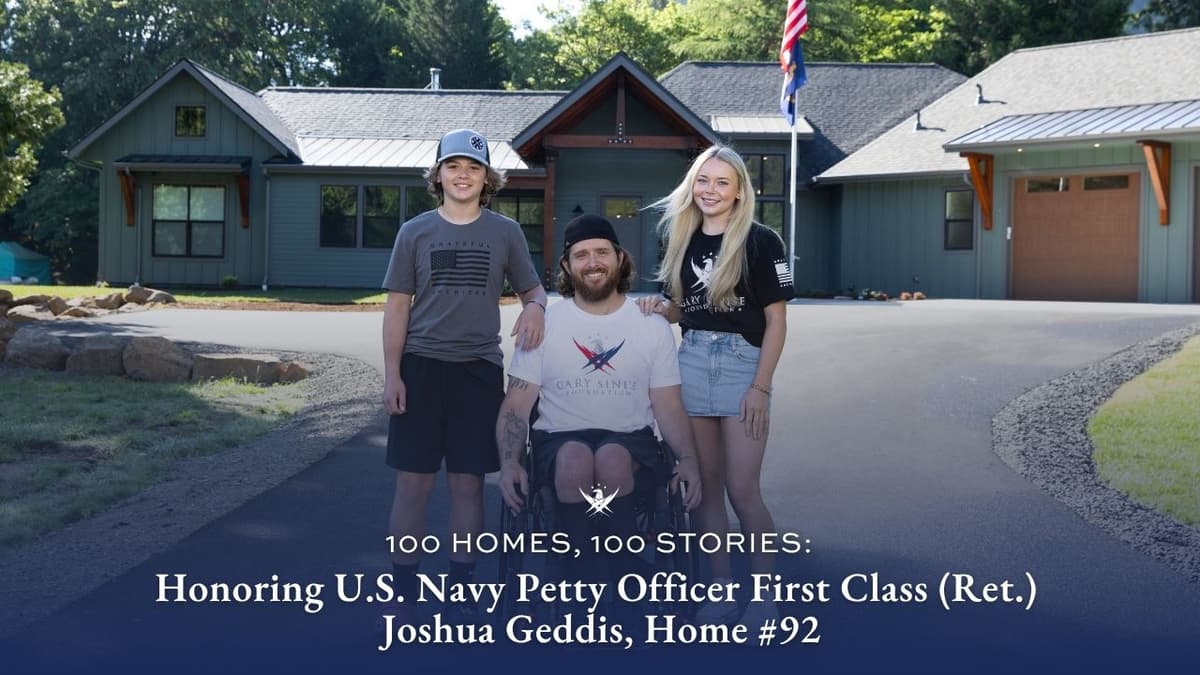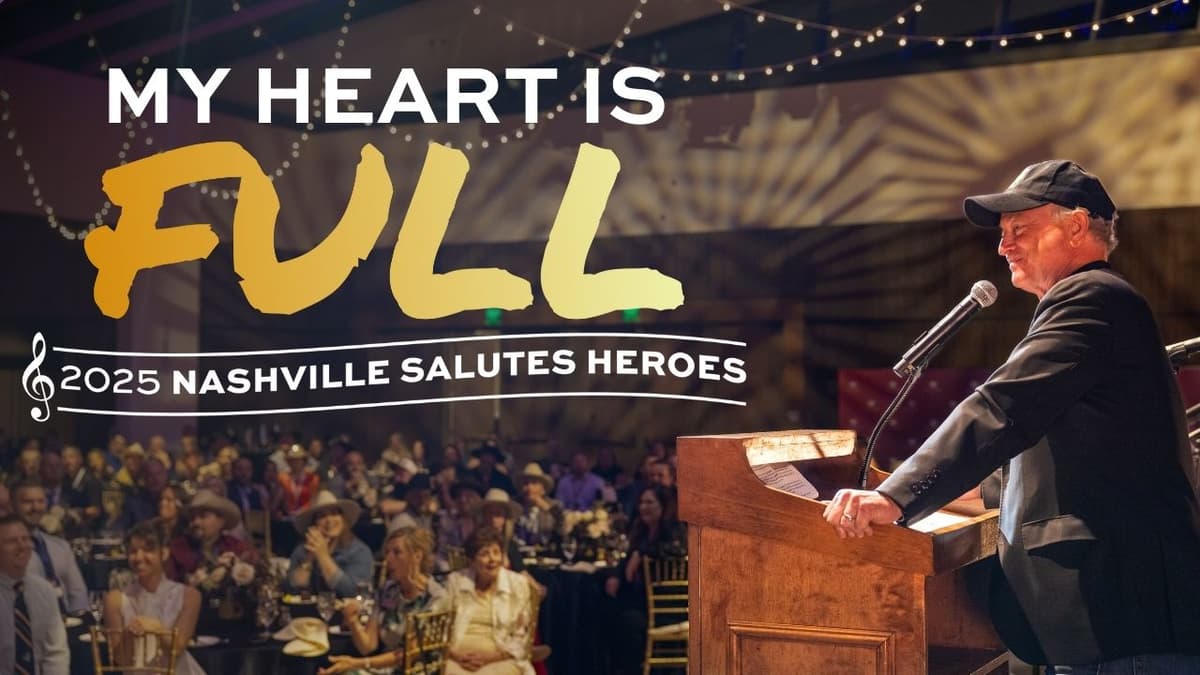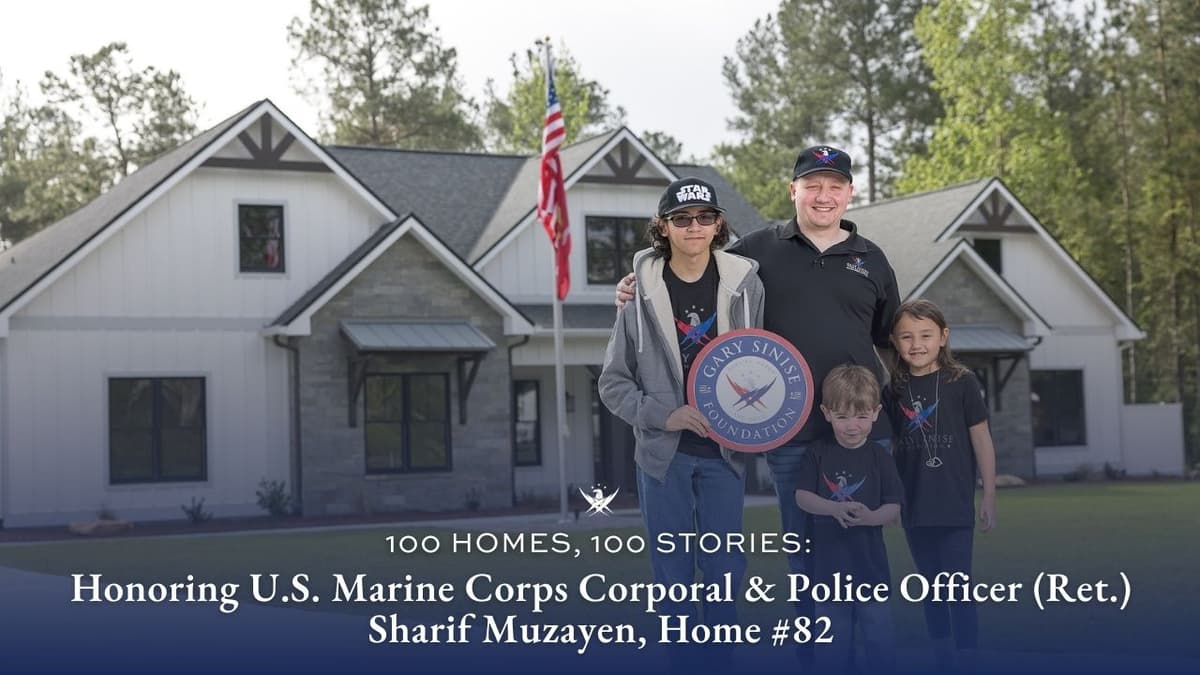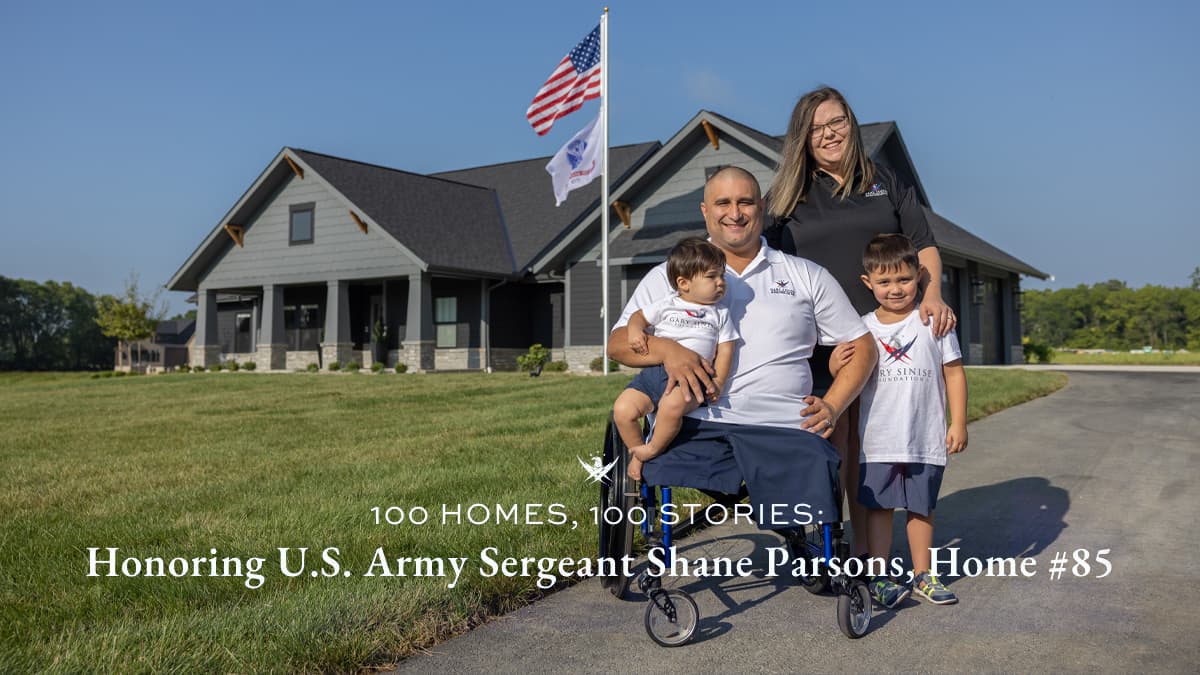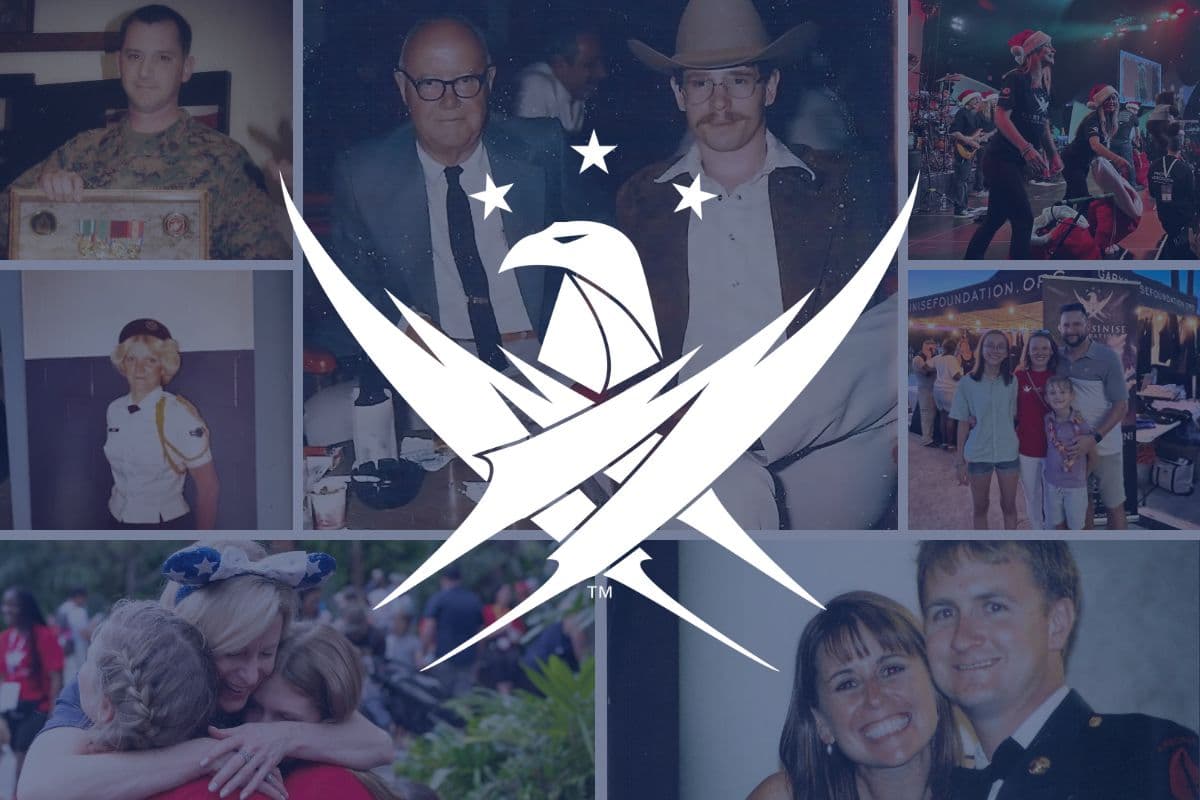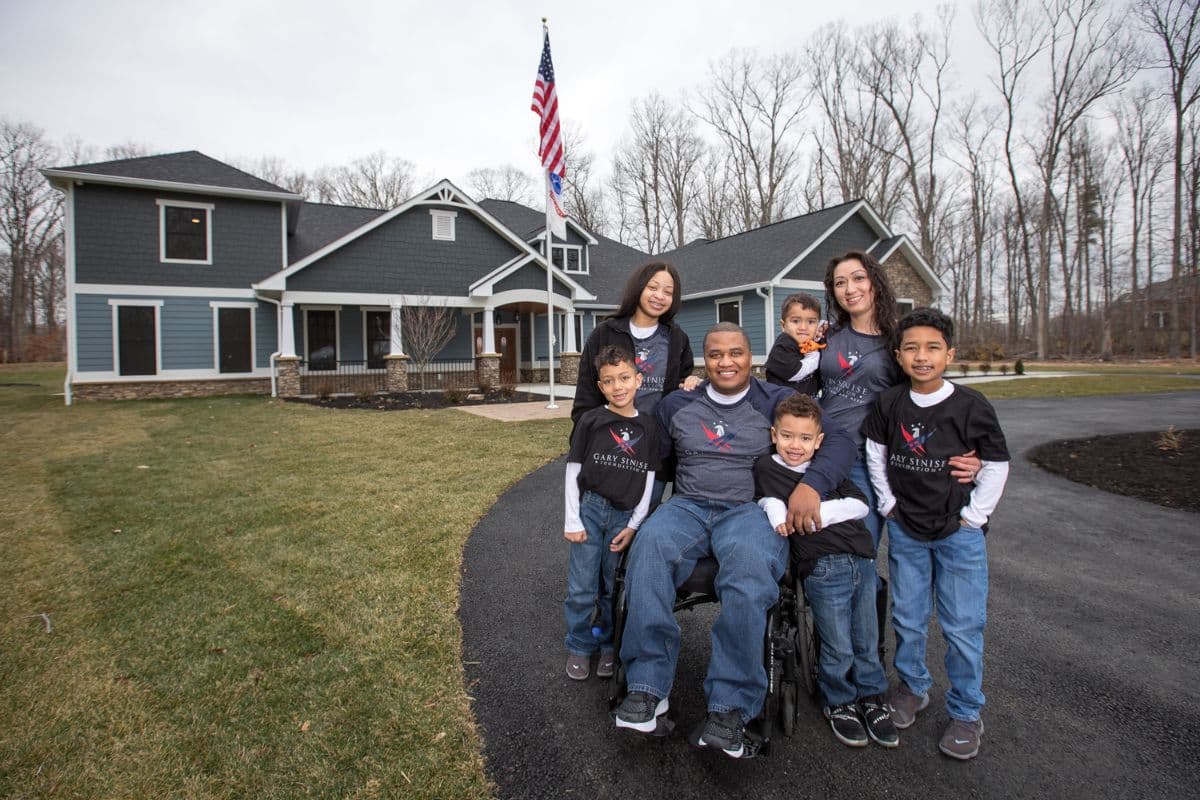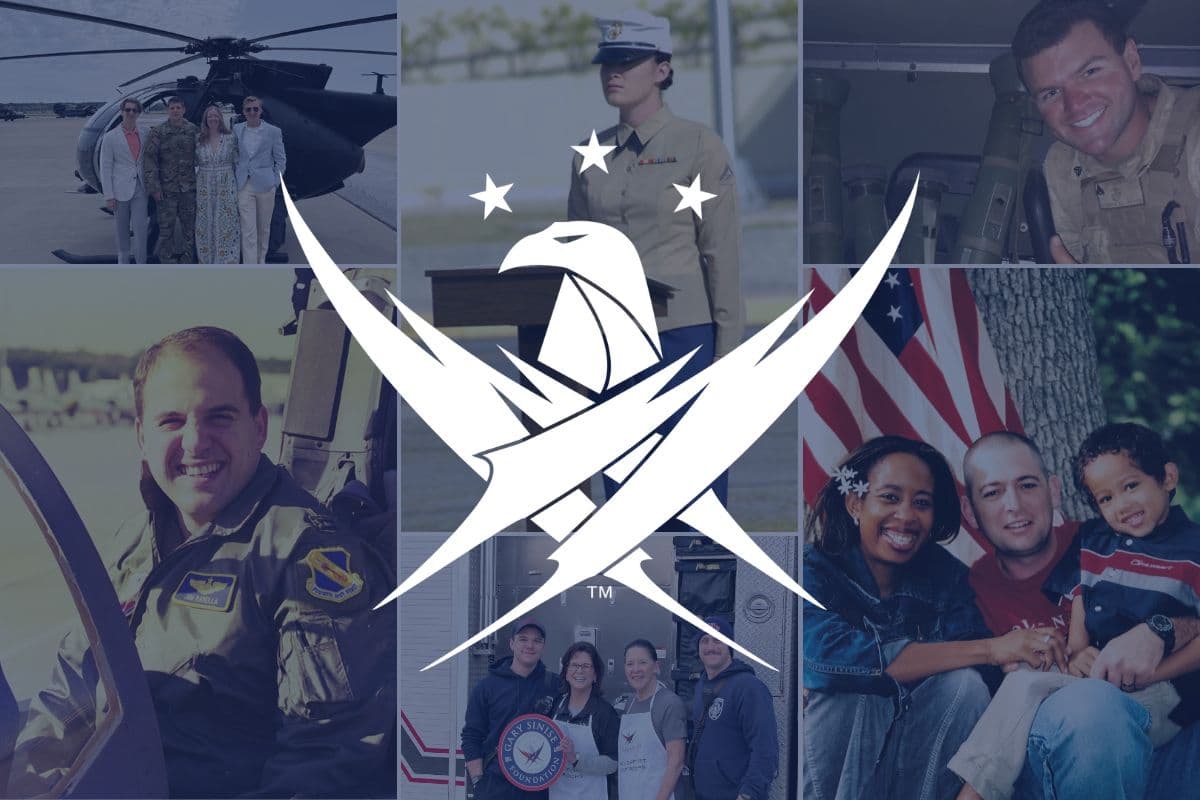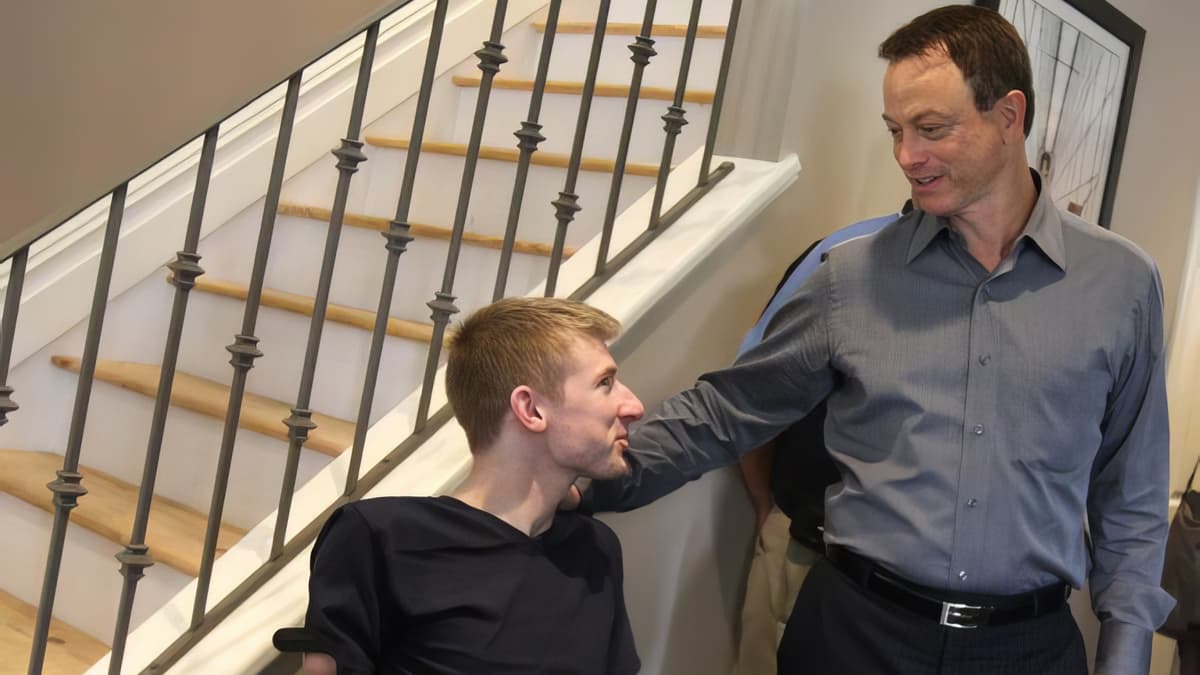Gary Sinise Foundation Grant Supports Alaska Military Families and Veterans
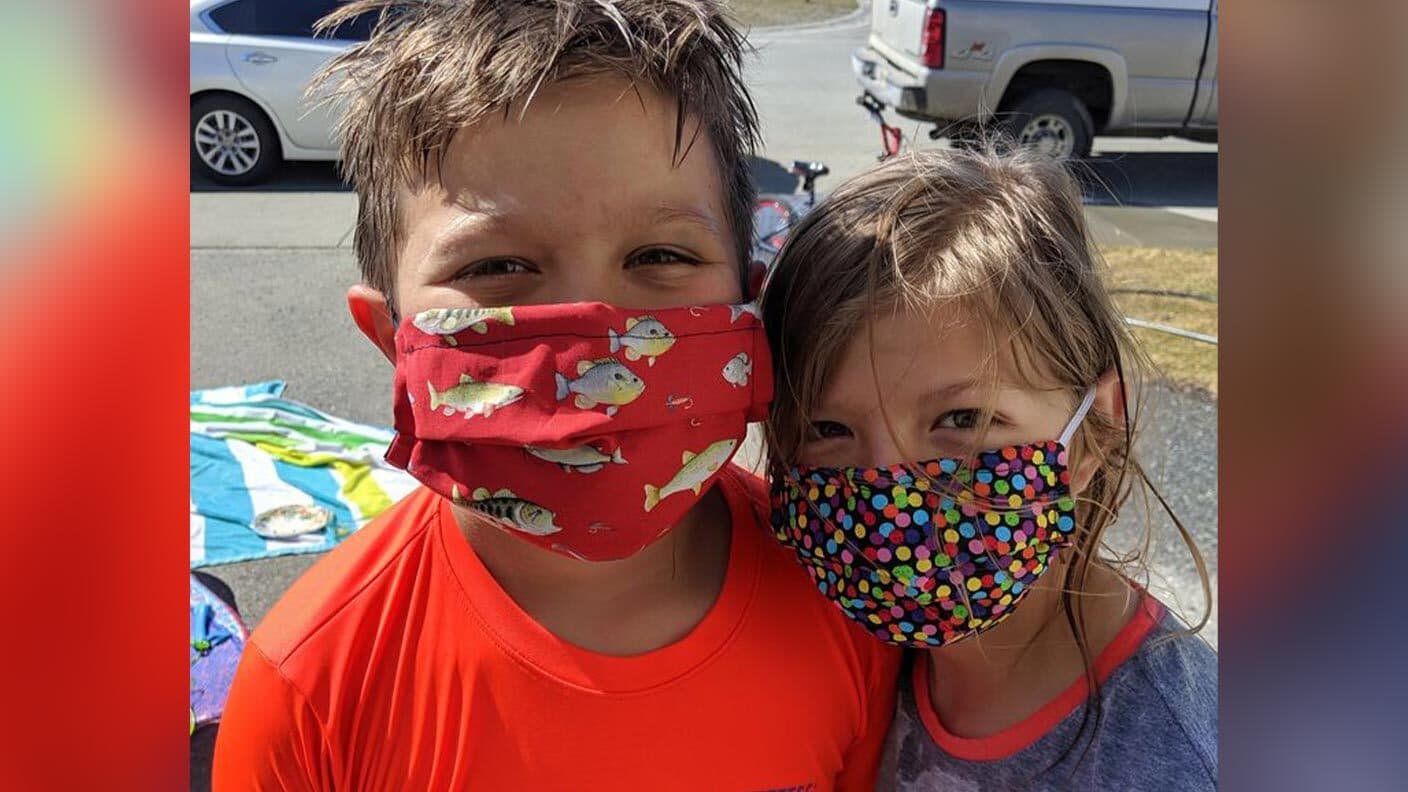
The Gary Sinise Foundation provided a grant to The Alaska Coalition for Veterans and Military Families to support a volunteer group supply handmade face masks to service members and their families and homeless veterans throughout the state.
Since March, the Anchorage-based nonprofit has partnered with a team of 20 volunteers from Joint Base Elmendorf-Richardson (JBER) — many who lost jobs because of COVID-19 — to make reusable face masks to meet the demand for personal protective equipment caused by the global health pandemic.
They call the campaign, Project Face Mask.
In late April, when organizers at the coalition submitted an initial application to the foundation seeking funding for the project, the state had by then shut down nonessential businesses. The economic toll left a hole in their budget.
Weeks earlier in the middle of March, confirmed cases of COVID-19 began rising in Alaska, prompting Gov. Mike Dunleavy to institute a number of safety measures to cut down on the transmission of the virus, including issuing a stay-at-home order.
In the two months following the COVID-19 outbreak, at last count, more than 70,000 people, or 13.7% of Alaska’s workforce, filed for unemployment. Unsurprisingly, donations to the coalition took a hit.
"We ended up spending basically everything that we had on the project,” explained David Chapa about the financial picture facing the coalition. Chapa was hired in March to lead the nine-year-old organization’s fundraising efforts and strategy on recouping the costs of Project Face Mask.
Funds tucked away from past campaigns over the years had nearly dried up by the time the coalition received the grant, Chapa explained.
"We didn’t wait to hear if anybody would fund this project. We didn’t wait to see if anybody would donate to the project. We saw the need, so we spent the money that we had — we spent our own money on starting this project and on making sure that the masks were available.”
The grant, valued at $1,999, came from the foundation’s Emergency COVID-19 Combat Service campaign. Its impact was substantial.
"The funding was a crucial lifeline,” said Chapa about the coalition paying for 300 handmade face masks to distribute to national guard and air national guard units, and local chapters of Vietnam Veterans of America. Homeless veterans receiving treatment through the state’s VA healthcare system also received masks.
"We prioritized this project pretty heavily, so being able to provide those masks made a substantial impact on our clients.”
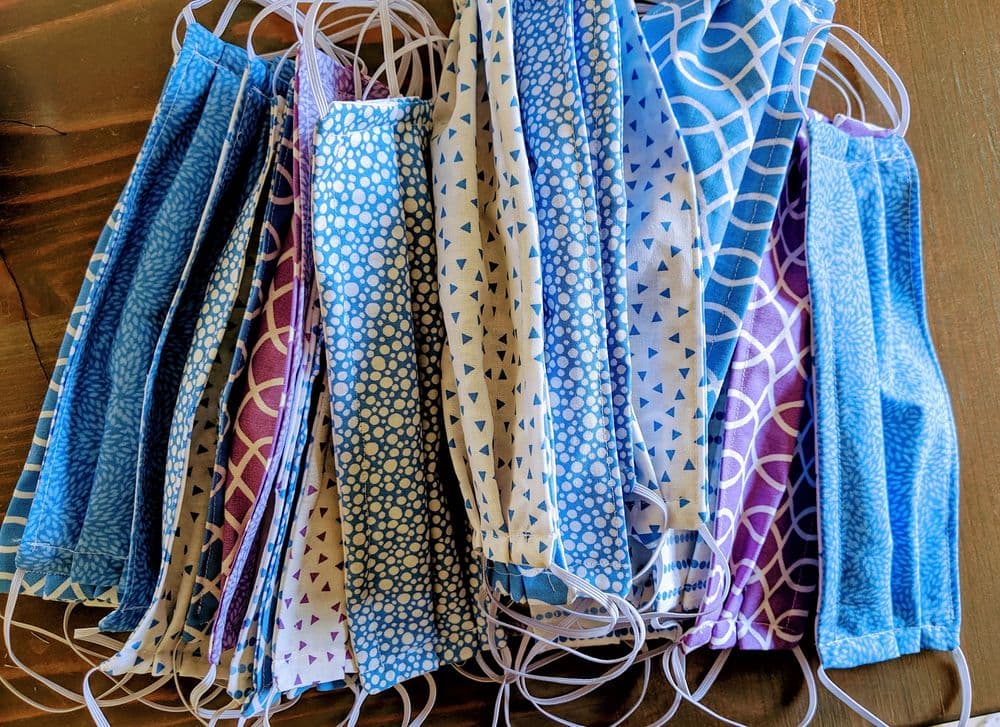
Last month, Forrest Powell, a Navy veteran who works with the coalition in his position at the Department of Veterans Affairs, received seven face masks for his family.
Exchanging his used face mask, which he described as cumbersome and uncomfortable, with a cloth mask made a world of difference. "The ladies and gentleman that made these masks have done a remarkable job.”
As of June 16, an estimated 6,482 face masks have been made and distributed. At their peak, Chapa said that volunteer seamstresses were able to produce 50 masks per person, per day.
But at the same time as demand for masks has begun to taper off (roughly 80% of the overall cost of the project has been recouped), the coalition is figuring out how to return to its normal course of business in a state grappling with the highest population of homeless veterans in the country.
Like many organizations that are transitioning the vast majority of their in-person services online, the coalition sees this new norm as an opportunity to expand its reach into untapped communities, albeit with some in-person services discontinued for the foreseeable future.
Said Chapa, "The least that we can do is continue providing VA claims preparation assistance, and case management [healthcare services].”
In recent weeks Alaska has experienced an uptick in COVID-19 infections. "We have the mask-makers on notice,” Chapa explained about the status of volunteers who have temporarily stopped working. "When requests come through, we have them standing by to make masks as needed.”
Already, the wearing of face coverings is a requirement in public settings, yet as the state reopens, more face masks will likely be needed. Project Face Mask remains far from mission accomplished.

